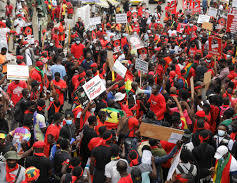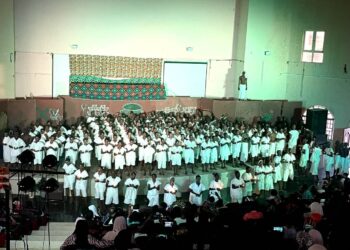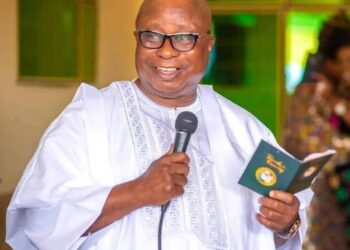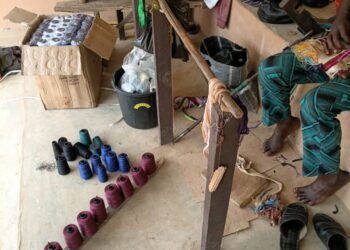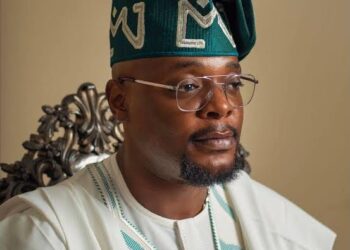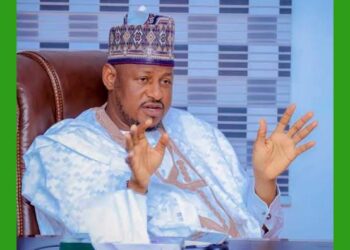By Femi Emmanuel
In what appears to be a growing diplomatic concern, a protest broke out on Tuesday, July 28, 2025, at the Obra Spot in Accra, Ghana. The demonstration, led by some Ghanaian citizens, accused Nigerians residing in the country of being involved in criminal activities. Protesters held placards demanding the repatriation of Nigerians, citing rising cases of fraud and alleged social misconduct.

While many Nigerians at home and abroad view the protest as a smear campaign against the larger Nigerian community in Ghana—most of whom are peaceful and industrious—the broader truth remains that no sovereign nation will tolerate activities it perceives as a threat to its internal security and national image. Like every responsible government, Ghana’s authorities are expected to act when the safety and dignity of their citizens are perceived to be at stake.
Nonetheless, this development raises critical concerns about regional integration and mutual respect under the ECOWAS Protocol on Free Movement of Persons, Residence, and Establishment. Adopted in 1979, the protocol grants citizens of member states the right to enter, reside, and establish economic ventures in other member states. Unfortunately, some individuals have exploited this provision, entering countries under the pretense of seeking greener pastures while engaging in acts that endanger host communities and fuel xenophobia.
It is, however, important to stress that not all accused individuals are verified Nigerian citizens. Some may be criminal elements parading under false national identities, and care must be taken not to criminalize an entire nationality based on the actions of a few. Blanket accusations only breed resentment and undermine the spirit of regional unity.
More importantly, Nigerians residing in Ghana must uphold the values of integrity, transparency, and mutual respect in all their engagements. They should be exemplary ambassadors of their home country, promoting a positive image through their conduct.
The Nigerian government, particularly the Ministry of Foreign Affairs under Minister Bianca Odumegwu-Ojukwu, must respond proactively and diplomatically. There is a pressing need to engage with Ghanaian authorities, investigate the root causes of the tensions, and foster solutions through dialogue—not confrontation.
Moreover, allegations that the protest was sparked partly by cultural or ethnic grievances—such as the reported installation of traditional titles by members of the Igbo community—must be addressed with cultural sensitivity and open communication. Issues of economic dominance and cultural expression should not be allowed to inflame ethnic tensions or derail decades of friendship.
The reality is that Ghanaians and Nigerians have long-standing ties in commerce, culture, and community life. The current misunderstanding should not erase that history. Instead, both countries must approach the issue with maturity and wisdom, recognizing that disagreements are natural in any relationship. What matters most is how they are resolved.
Constructive dialogue, rather than reactive protest or blanket judgment, remains the surest path to resolving tensions and preserving the mutual respect between the two West African nations. Nigeria and Ghana must work hand in hand to ensure that peace, respect for law, and cooperation prevail—not just for the present, but for generations to come.
You can get every of our news as soon as they drop on WhatsApp ...To get all news updates, Join our WhatsApp Group (Click Here)

